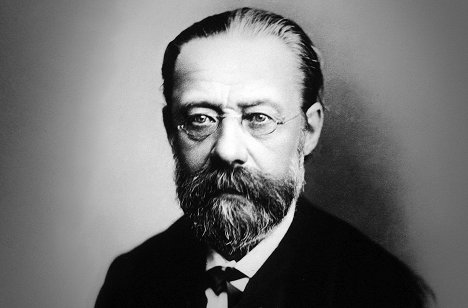It seems we can’t find what you’re looking for. Perhaps searching can help.
Bedřich Smetna
Bedřich Smetana (1824–1884) was a Czech composer who is often regarded as the father of Czech music due to his significant role in the development of his country’s national identity in classical music. Born on March 2, 1824, in Litomyšl, Bohemia (present-day Czech Republic), Smetana was a gifted musician from an early age, exhibiting his talents as a pianist and composer in his youth.
Smetana’s career path was initially hindered by political and personal challenges, but he persevered to become a celebrated figure in the Prague musical scene. He was a staunch advocate of Czech music and often incorporated themes of Czech history and folklore into his compositions. His operas, particularly “The Bartered Bride,” are vivid examples of his nationalist style, combining traditional Czech dances and melodies with the operatic form.
Smetana is perhaps best known for his set of six symphonic poems titled “Má vlast” (“My Homeland”), which includes “Vltava” (The Moldau), one of the most beloved pieces in the symphonic repertoire. “Má vlast” reflects the landscapes, legends, and history of Bohemia, encapsulating Smetana’s profound love and devotion to his homeland.
Tragically, Smetana’s later years were marred by deafness, yet he continued to compose, demonstrating remarkable resilience. His later works, some of which were created when he was completely deaf, are often introspective, with a profound depth of emotion. Smetana’s influence extended well beyond his lifetime, not only within the Czech lands but also throughout the musical world, where he is recognized for his nationalistic style and his role in the advancement of Czech music.
Bedřich Smetana died on May 12, 1884, in Prague. His legacy is that of a pioneer who, through his music, helped establish a sense of national pride and cultural identity that has endured in Czech music to the present day. His compositions remain staples of Czech culture and are celebrated internationally for their innovative blend of classical tradition and national themes.



